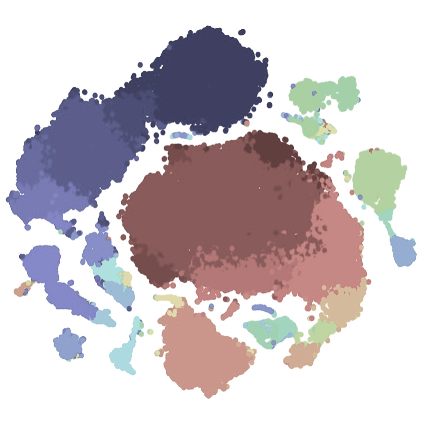Seminar - Integration, exploration, and analysis of high-dimensional single-cell cytometry data using Spectre - applications in viral encephalitis and COVID-19 (Leiden University Medical Center, Thursday 11-March, 9 am CET, 7 pm AEDT)

Seminar: Department of Parasitology, Leiden University Medical Center
- Date: Thursday 11-March-2021
- Time: 9 am CET (UTC+1) / 7 pm AEDT (Sydney/Melbourne/Canberra).
- Location: join via this Microsoft Teams link.
Title: Integration, exploration, and analysis of high-dimensional single-cell cytometry data using Spectre: applications in viral encephalitis and COVID-19
Overview: Spectre is an R package and computational toolkit that enables comprehensive end-to-end integration, exploration, and analysis of high-dimensional cytometry data from different batches or experiments. Spectre streamlines the analytical stages of raw data pre-processing, batch alignment, data integration, clustering, dimensionality reduction, visualisation and population labelling, as well as quantitative and statistical analysis; with a simple, clear, and modular design of analysis workflows, that can be utilised by data and laboratory scientists. Here we’ll discuss the design and implementation of the package, and it’s use in investigating cellular infiltration in viral encephalitis (Ashhurst et al. 2020), as well as recent immune profiling in COVID-19 (Koutsakos et al. 2021).
Speaker profile: Dr. Thomas Ashhurst is an immunologist and high-dimensional cytometry specialist with the Sydney Cytometry Core Research Facility at The University of Sydney. In this role he provides advanced training and consultation for users of high-dimensional cytometry platforms, and leads a research effort to develop and apply a range of single-cell cytometry/imaging technologies and assays, as well as computational analysis tools, to map dynamic immune responses over time, space, and disease. In particular, he applies these approaches collaboratively to the study of immunology and infectious disease, including emerging pathogens such as SARS-CoV-2/COVID-19, Zika virus encephalitis, and West Nile virus encephalitis.

